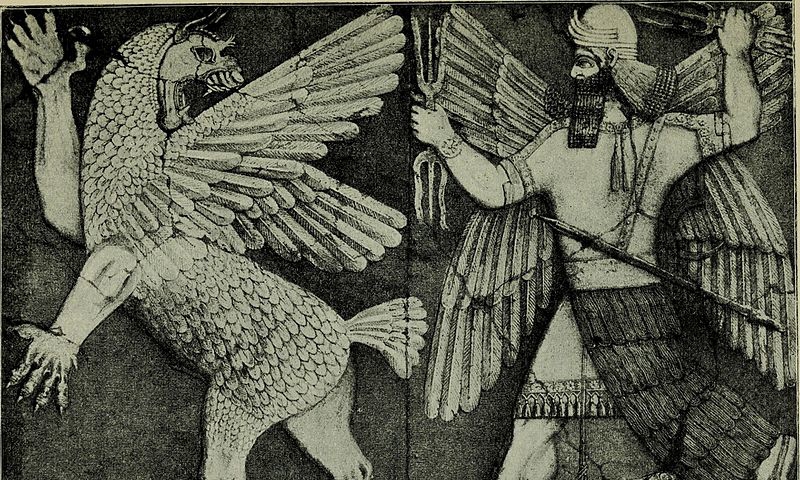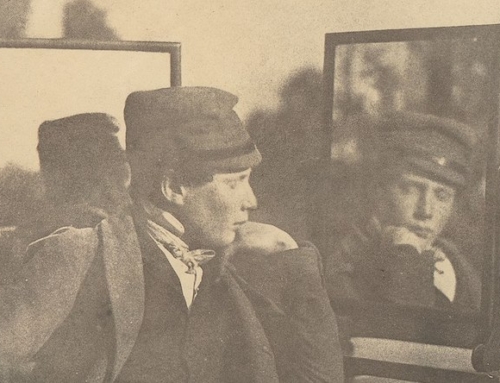Truth is found in surprising places. We expect to hear prophecy spoken by holy men—and it is—but it’s also sometimes spoken by the wicked, as in the strange story of Balaam.
We find the story in Numbers 22-24, and it’s worth taking the time to read in its entirety. Israel was nearing the end of their 40 years of wandering in the desert and was encamped in the plains of Moab beside the Jordan, ready to cross over into the Promised Land. The King of Moab was understandably unnerved by their presence—Israel had just defeated Sihon, king of the Amorites, and Og, the king of Bashan. And so he summoned Balaam, a pagan diviner and wicked prophet, to curse God’s chosen people.
When Balaam looks down upon Israel’s encampment from a mountain top, he raises his arms to curse Israel, and then . . . he blessed Israel: “The Lord put an utterance in Balaam’s mouth . . . ‘How can I lay a curse on the one whom God has not cursed?’” The King of Moab, enraged at his sedition, again instructs Balaam to curse Israel. And so Balaam speaks, saying, “I was summoned to bless; I will bless; I cannot revoke it!”
A third time, and a fourth time, Balaam is told to curse, and he blesses instead. Not only does he bless, but he prophesies, speaking as “one who sees what the Almighty sees,” revealing that “the Lord their God is with them.” He even foresees that “a star shall advance from Jacob, and a scepter shall rise from Israel.”
It’s a strange story and, like many of the episodes in the Pentateuch, has within itself many layers and hidden depths of meaning. I want to draw forth a simple, two-fold lesson.
First, the story teaches us that true prophecy can be found in unexpected places. Truth spoken well is truth spoken well, however dubious or wicked the speaker may be: “Whatever its source, truth is of the Holy Spirit” (Fides et Ratio 44). Compelling and true presentations of reality—the reality of the physical world, of culture, or of faith—can sometimes be found in people who are otherwise profoundly in error. Living animated by “the Spirit of truth” (Jn 16:13), we can, with prudential discretion and caution, confidently embrace truth wherever it is found.
The second lesson is the inverse of the first: not everyone who speaks the truth lives within the truth. Balaam, a pagan diviner, prophesied truly about Israel, about David, and even about Christ. He was still Israel’s enemy (see Jos 13:22). It is not enough to speak truth, if we do not live in charity. To quote a Church Father:
Balaam prophesied even though he was not a prophet, and Caiaphas also prophesied (Jn 11:49-51). So did Saul when, because of his disobedience, he was filled with an evil spirit (1 Sam 16:14-23; 19:9). Judas accompanied the other disciples and understood all the mysteries and knowledge given to them, but as an enemy of love he betrayed the Savior. Both Tertullian and Novatian were men of no small learning, but because of their pride they lost the fellowship of love and falling into schism devised heresies, to their own damnation. (Ambrosiaster, Commentary on Paul’s Epistles)
God’s wisdom, in the loving plan of providence, is revealed in diverse and manifold ways. It is a wisdom in which we can trust, a wisdom for which the human heart longs to love wherever it may be found.
✠
Image from Babylonian Religion and Mythology by LW King







